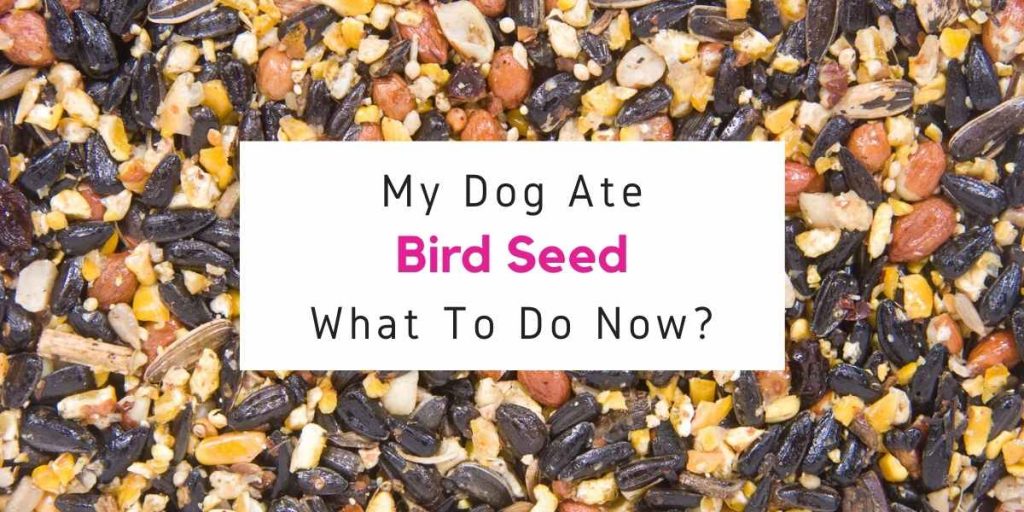My Dog Ate Bird Seed
Paragraph 1
It's not uncommon for dogs to get into the bird seed. While it may seem like a harmless snack, it can have serious consequences. Bird seed can be hazardous to your pup's health if they consume too much. Ingesting the wrong types of bird seed can even be fatal. In order to keep your pup safe, it is important to understand the risks of your pup eating bird seed, and how to prevent it from occurring.
Paragraph 2 - h2: Symptoms of Eating Bird Seed
If your pup has ingested bird seed, the symptoms might be hard to detect. Depending on the type of bird seed, the symptoms can range from mild to severe. Common symptoms of eating bird seed include vomiting, diarrhea, and lethargy. Other more severe symptoms can include seizures, respiratory problems, and kidney failure. It is important to take your pup to the vet if you suspect they have eaten bird seed.
Paragraph 3 - h3: Types of Bird Seed
There are a variety of bird seed types out there, and it is important to understand which are safe for your pup and which are not. The most common bird seed types are millet, sunflower seeds, and safflower. These are generally safe for your pup to eat, but it is important to monitor their intake. Other bird seed types, such as canary seed, are toxic to dogs and should be avoided.
Paragraph 4 - h4: Prevention of Bird Seed Consumption
The best way to prevent your pup from eating bird seed is to keep it out of their reach. Make sure to store bird seed in an area that is inaccessible to your pup. It is also important to make sure that any bird feeders in your yard are securely attached and out of reach of your pup. Additionally, if you have a bird as a pet, make sure that their food is also stored in a place that is inaccessible to your pup.
Paragraph 5:
In addition to keeping bird seed out of reach, it is important to regularly check your yard for stray bird seed. Birds can easily drop some of the seed while they are eating, and if your pup finds it they are likely to consume it. It is also important to keep your pup away from bird feeders and bird baths, as they can be a source of food or water for your pup.
Paragraph 6:
If you suspect your pup has eaten bird seed, it is important to take them to the vet immediately. Depending on the type of bird seed ingested and how much was consumed, the vet may recommend a range of treatment options. In some cases, the pup may need to be monitored for a period of time to ensure that there are no further health complications.
Paragraph 7:
Overall, it is important to be aware of the potential risks of your pup eating bird seed. Make sure to keep the bird seed stored in an inaccessible area and regularly check your yard for stray seed. If you suspect your pup has eaten bird seed, take them to the vet immediately. With proper prevention and monitoring, you can keep your pup safe and healthy.
Caught eating the wild bird seed again "dognammit " 🐾😃 | Wild birds

My Dog Ate Bird Seed - What Should I Do Now? - animalfactstoday.com

50 Hilarious Dog Shaming Photos | Always Pets
